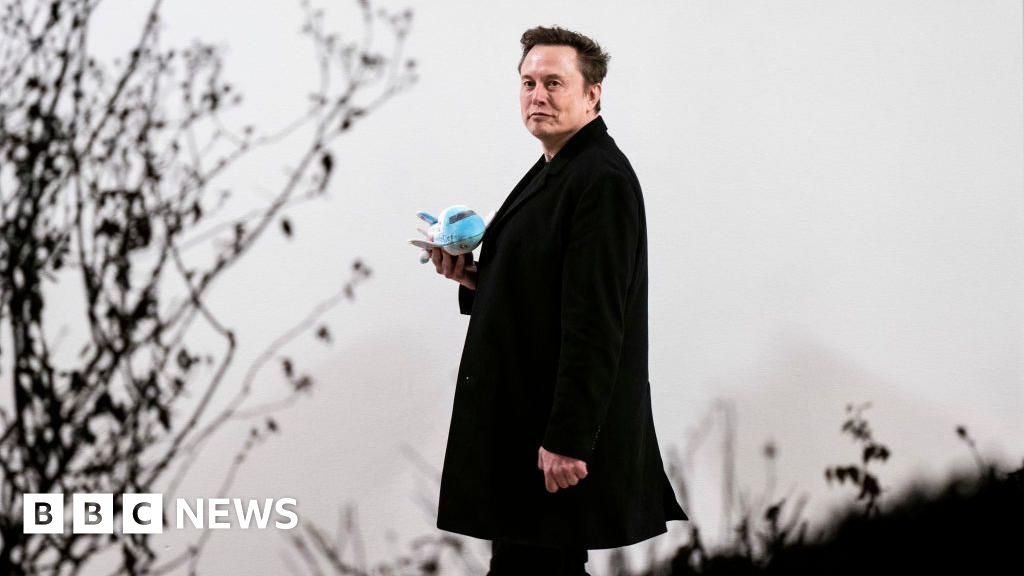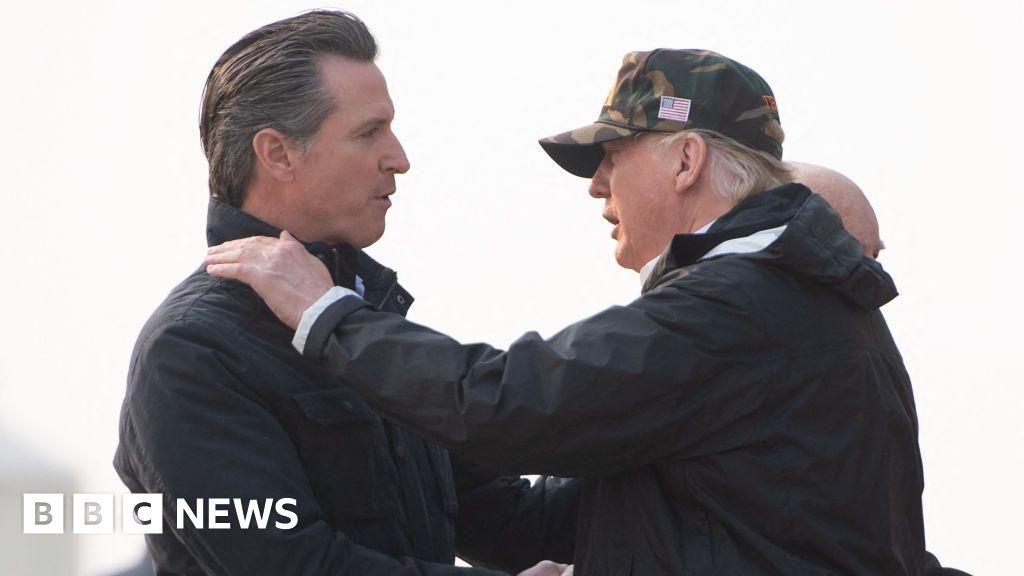ARTICLE AD BOX
Image source, Getty Images
Image caption, Mr Trudeau has pledged to compensate victimsCanada says it will appeal against a court order to pay billions of dollars to indigenous people who were mistreated in the child welfare system.
Last month, a top court upheld a 2016 ruling that the government underfunded First Nations services compared with those for non-indigenous children.
It ordered C$40,000 ($31,350; £23,340) payouts to each child who was forced into controversial residential schools.
The case has been a source of tension between tribes and the government.
The government has said it is not opposed to compensation, but that it had issues over the order's jurisdiction and how the money was to be divided.
Ministers and officials said in a statement on Friday that they had filed a "protective appeal" as a deadline loomed, but would pause litigation until all parties meet before December. The statement added that they will seek to settle the matter outside of court.
"I despise the imagery, but we're putting our swords down," Minister of Crown-Indigenous Relations Marc Miller told reporters in a Friday evening news conference.
Campaigners had called for the government of Prime Minister Justin Trudeau not to appeal against the ruling.
Cindy Blackstock from the First Nations Child and Family Caring Society told CBC News: "If there is no deal, we're going to go to hearings on an expedited basis. We don't want children to lose out on this time."
In 2016, the Canadian Human Rights Tribunal ruled that the government had underfunded First Nations children's services compared with those for non-indigenous children.
The government appealed against that ruling in 2019, but lost its challenge last month in the federal court.
Mr Trudeau, who won re-election last month, came into office in 2015 promising to strengthen and restore ties with native communities.
Speaking from the Netherlands ahead of international summits in Rome and Glasgow, he told reporters: "We are committed to compensating indigenous people who were harmed as children in child and family services.
"And further, we are committed to working with partners to end this harmful system and to make sure that kids at risk get to stay in their communities, in their culture, and be cared for by their communities.
"That is the path forward on reconciliation and that is what we are pledged to do."

 3 years ago
238
3 years ago
238








 English (US) ·
English (US) ·